Understanding pre-hospital blood transfusion decision-making for injured patients: an interview study
Emergency Medicine Journal
OCTOBER 26, 2023
Background Blood transfusion for bleeding trauma patients is a promising pre-hospital intervention with potential to improve outcomes. However, it is not yet clear which patients may benefit from pre-hospital transfusions. The last theme focuses on the issues with decision-making itself.










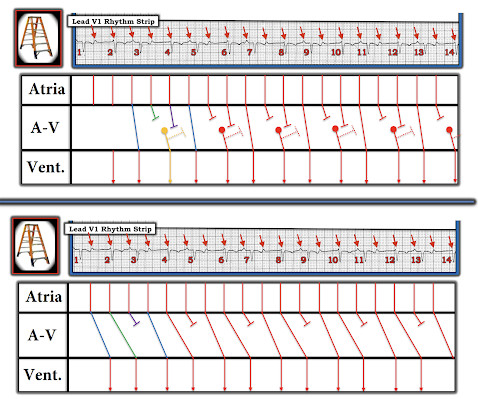
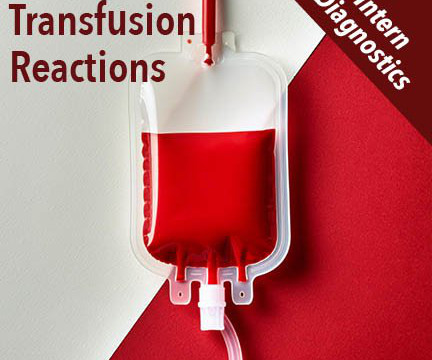





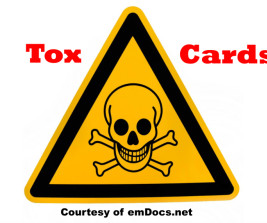


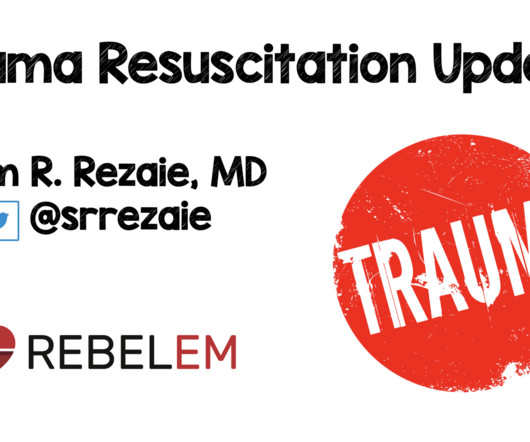




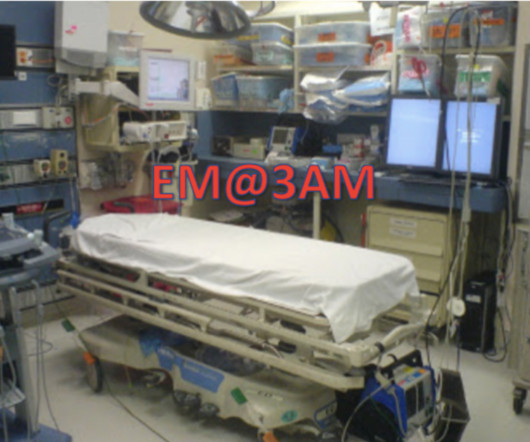

















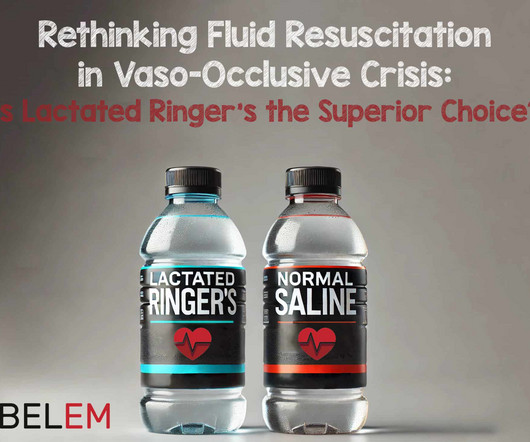
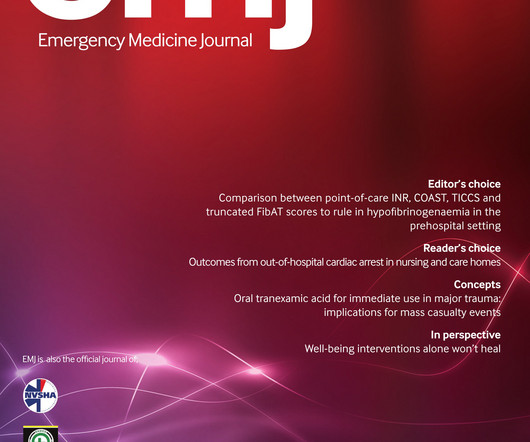






Let's personalize your content